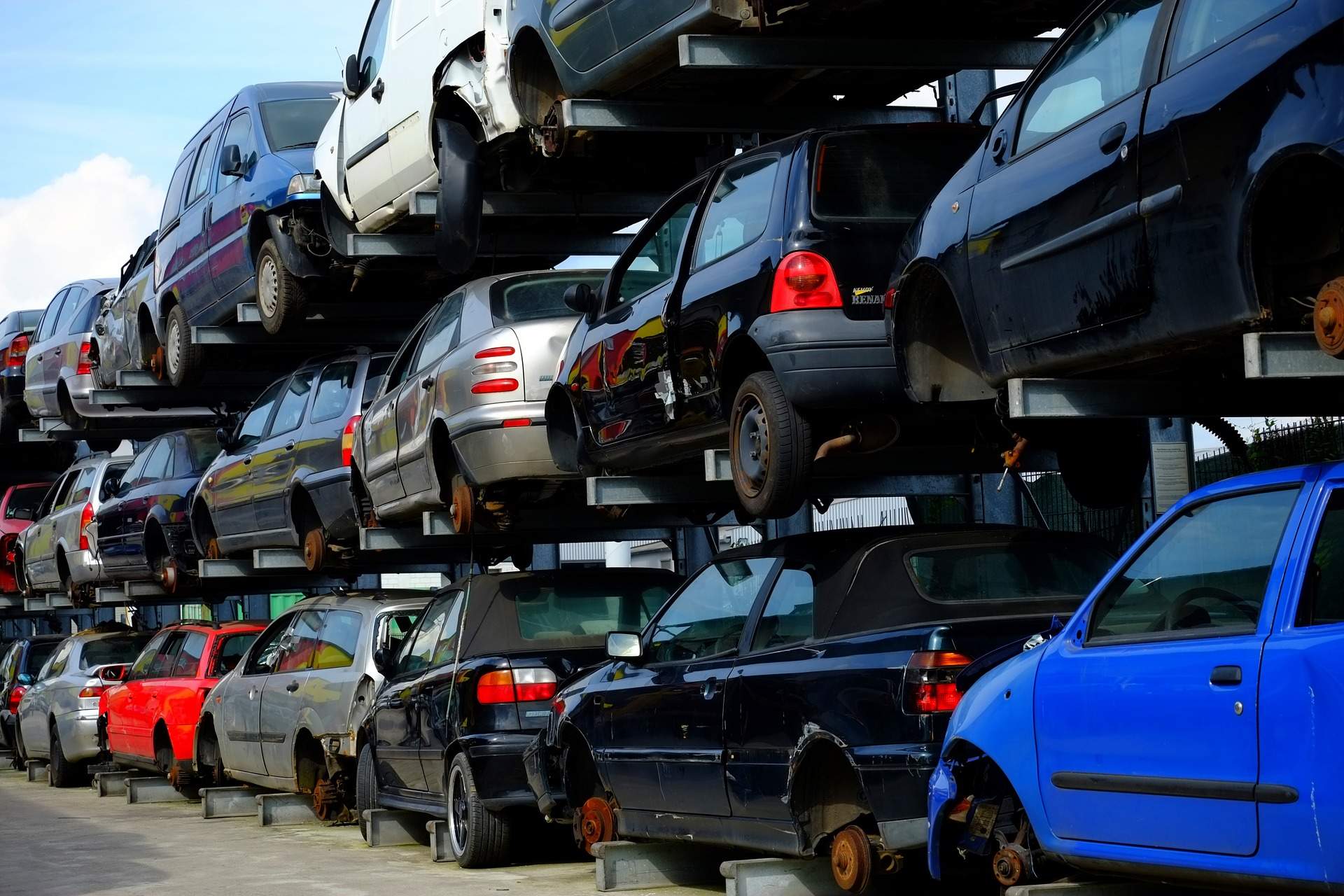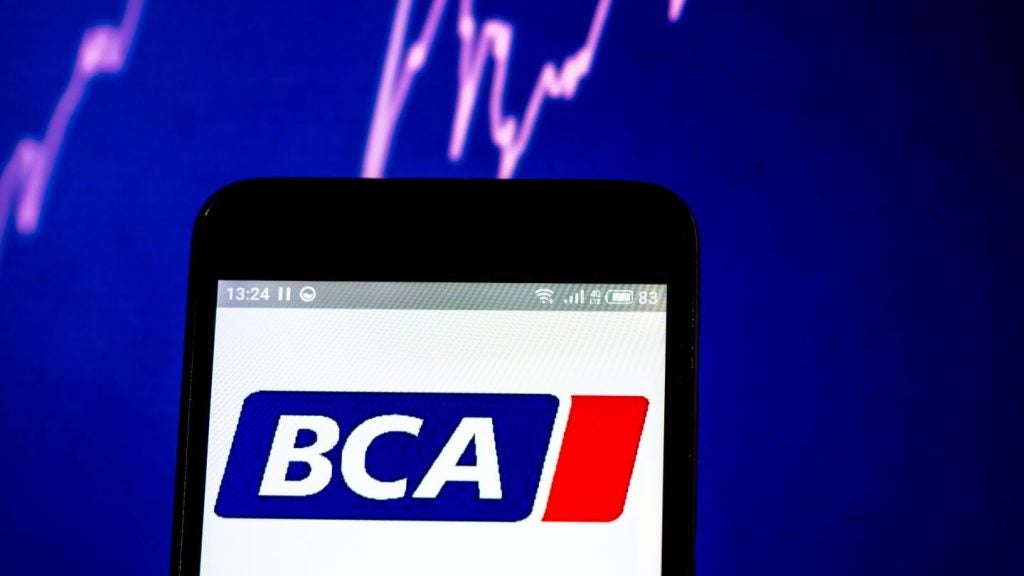
The UK used car market experienced a small drop of 1.1% over 2017, thought sales remained over 8.1m, according to the Society of Motor Manufacturers and Traders (SMMT).
According to the SMMT, 8.1m was the second highest figure since it started tracking used car sales, following a record high in 2016.
The year did not end strongly, with Q4 sales down 5.1% compared to the same quarter in 2016, to 1,774,832.
Despite the overall slight drop in volumes, a few segments experienced growth over the year.
Reflecting trends in the new car market, smaller cars continued to be the most popular used buy, with superminis representing a third (33.5%) of all transactions, while demand for minis grew 4.3%. SUVs enjoyed the strongest growth, rising 9.5%.
Apart from executive cars, up a marginal 0.02%, all other segments experienced declines.
How well do you really know your competitors?
Access the most comprehensive Company Profiles on the market, powered by GlobalData. Save hours of research. Gain competitive edge.

Thank you!
Your download email will arrive shortly
Not ready to buy yet? Download a free sample
We are confident about the unique quality of our Company Profiles. However, we want you to make the most beneficial decision for your business, so we offer a free sample that you can download by submitting the below form
By GlobalDataAlso reflecting the new car market, alternatively fuelled vehicles (AFV) became increasingly popular over the year. Growth was driven by demand for petrol-electric hybrid cars, up 22.2% to 73,864, and zero emission electric vehicles, which rose 77.1%, with 10,199 changing hands in the year.
Growing diesel sales
Unlike the new car market, however, diesel also grew over the course of 2017. The 3.3m used diesel cars sold represented a 3.3% rise on 2016’s figure. In contrast, new diesel sales plummeted 17% over the same period. Overall four in every ten used cars sold in the UK last year was a diesel.
The used petrol market shrank 4.3%, but still retained the lions share (58%) of the market.
Mike Hawes, SMMT chief executive, said, “Britain’s used car buyers are enjoying more choice than ever, and it’s great to see millions of people taking advantage of the low emission, safety and convenience technology filtering into this market.
“While such healthy demand is reassuring, to keep it that way and accelerate renewal throughout the fleet – the fastest way to improve air quality – government must now restore confidence to the new car sector. Given the recent economic and fiscal uncertainty, particularly over diesel, consumers and businesses need clarity to encourage them to move out of their older vehicles and into newer, lower emission cars – whatever their fuel type.”
Nathan Coe, Auto Trader’s chief operations officer and chief financial officer, said: “2017 started strongly for the used car market aided by the change in VED tax in April which drove both new and used car sales in Q1, this was then followed by slower sales in subsequent months, in part driven by a lack of part-exchange supply due to lower new car sales. The 1% decline for the year highlights the very specific issues affecting new cars as well as the typical resilience we see in used car sales even against record sales last year.
“In what’s been a turbulent year for diesel new car sales, it’s interesting to see that used car sales of diesels actually rose 3% whilst petrol declined 4%. The growth was in the SUV category and may suggest people changing for newer, cleaner diesels. That said, with local councils looking to implement green tax levies for older diesel vehicles, consumers are beginning to favour petrol or alternative fuel types for smaller city cars and hatch backs to avoid these additional driving levies. When we look at prices of used diesels they actually recorded an average price of £13,944 in 2017, a like-for-like price growth of 2% for the year, whilst a petrol car was £9,471, an increase of 7% on the previous year.
“Looking ahead to this year, industry forecasts suggest the new car market will decline at similar levels to 2017, and used is likely to prove resilient again with perhaps a similar decline to 2017 not least due to less part-exchange supply on new cars. As we’ve seen on our marketplace already this year, there’s a high level of consumer interest for vehicles, with nearly 146 million vehicle searches conducted in January alone, and as finance continues to be a key purchase driver, there remains real opportunity within the used car market.”







